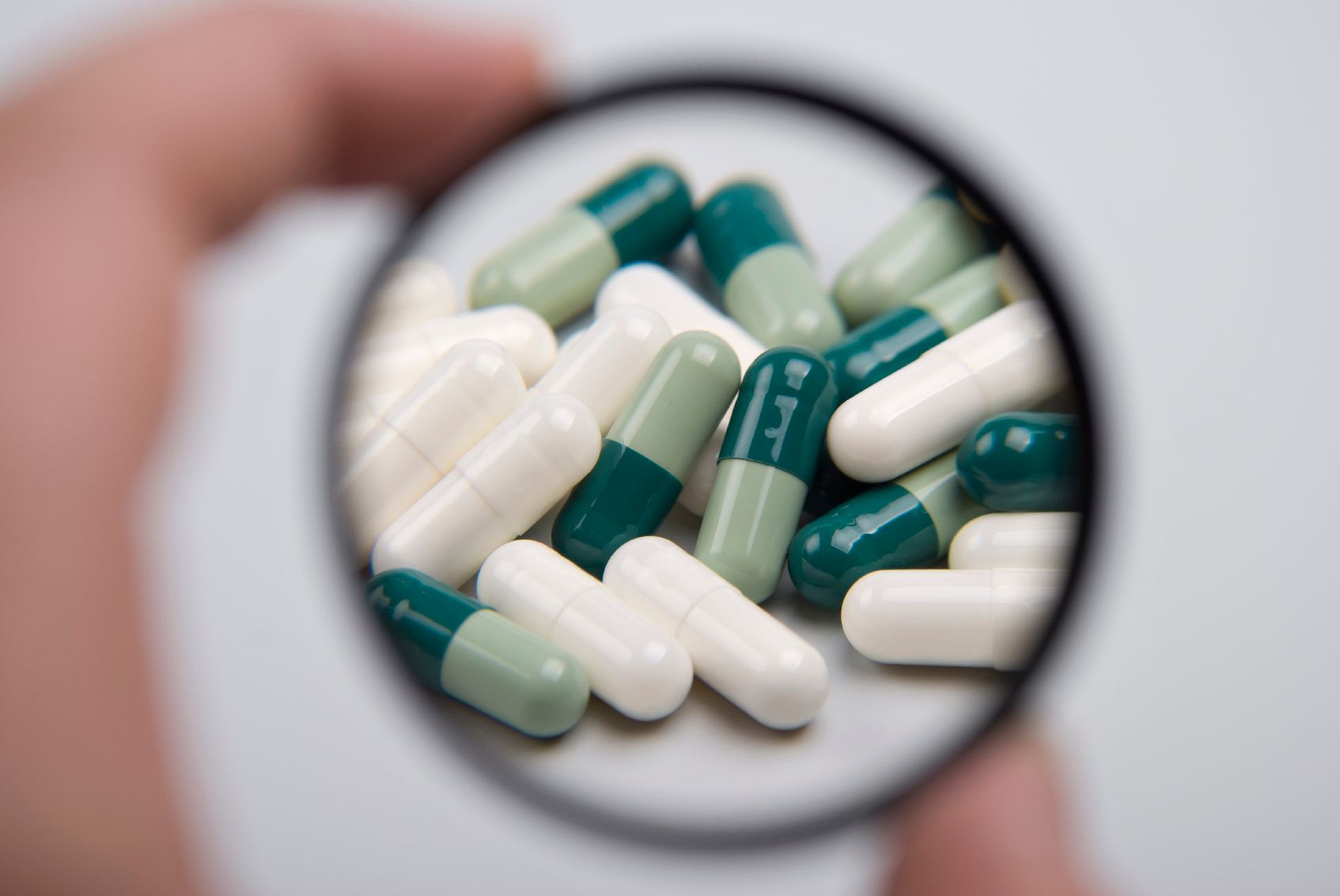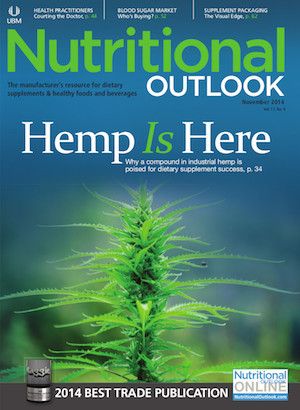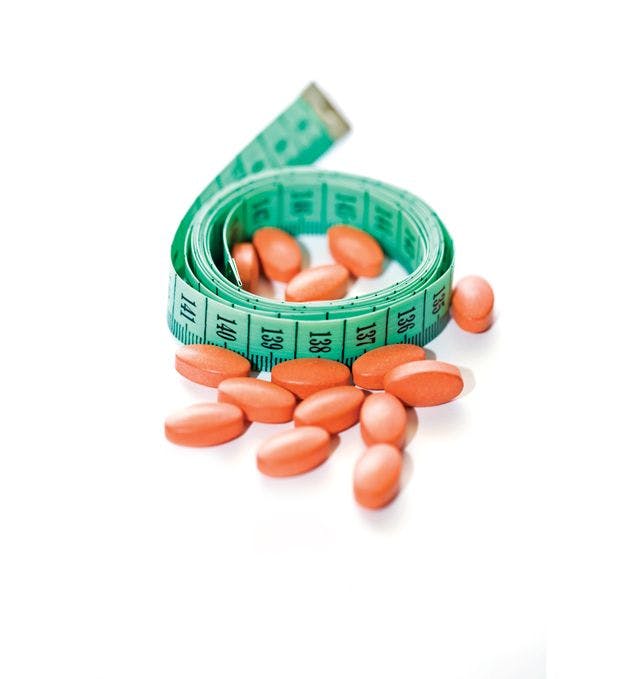New DMAA-Like Adulterant Found in Dietary Supplements
A “close cousin” of the recently FDA-banned ingredient DMAA has been found in 12 over-the-counter dietary supplements.

A “close cousin” of the recently FDA-banned ingredient DMAA has been found in 12 over-the-counter dietary supplements. DMBA (1,3-dimethylbutylamine) is a synthetic stimulant whose health effects are currently unknown, say researchers who reported the finding in an article published yesterday in Drug Testing and Analysis.
DMBA is chemically similar to other harmful stimulants like DMAA (1,3-dimethylamylamine), say researchers from NSF International (Ann Arbor, MI), Harvard Medical School, and the National Institute for Public Health and the Environment in the Netherlands (RIVM). The U.S. FDA banned DMAA from the dietary supplements market in April 2013 following adverse-event reports, warning consumers about risks of elevated blood pressure, stroke, heart attack, and even sudden death. Regulatory agencies in the UK, The Netherlands, and Brazil have also banned DMAA.
Like DMAA, as well as ephedrine, the newly found DMBA is a stimulant. The researchers say there are no known safety studies on DMBA and that the drug has never been tested in humans, only in dogs and cats with severed spinal cords.
The researchers are calling on regulatory agencies to ban DMBA as an adulterant not approved for use in dietary supplements. “While regulatory authorities work to remove harmful stimulants such as ephedrine and DMAA from supplements, new synthetic stimulants such as DMBA continue to crop up to take their place,” said NSF International senior research scientist John Travis in a press announcement. (Read Travis’s latest article in Nutritional Outlook warning about emerging adulterants.) “Without proper studies, the health impact of this new stimulant is entirely unknown. We urge manufacturers, distributors, retailers, and regulators to work together to remove this unapproved stimulant from the marketplace to help protect consumers from potentially harmful health effects.”
“It is essential to steer clear of this new drug,” added Pieter Cohen, MD, assistant professor of medicine at Harvard Medical School. “The possibility to cause harm is real.”
The researchers warn that products may list DMBA as “4-amino-2-methylpentane citrate,” “AMP citrate,” “1,3-dimethylbutylamine citrate,” “4-amino-2-pentanamine,” “Pentergy,” “4-AMP” or “extracted from pouchong tea.”
The researchers analyzed 14 dietary supplements, of which 12 were found adulterated with DMBA, using ultra-performance liquid chromatography tandem mass spectrometry (UPLC-MS/MS) testing. DMBA presence in the adulterated supplements ranged from 13–120 mg per serving. Consumers following the products’ recommended daily usage would ingest anywhere between 26 and 320 mg of DMBA daily.
Jennifer Grebow
Editor-in-Chief
Nutritional Outlook magazine jennifer.grebow@ubm.com
Photo © iStockphoto.com/Zardinax

The Nutritional Outlook Podcast Episode 39: Nutritional Outlook's Ingredients to Watch in 2025
February 25th 2025In this episode, Nutritional Outlook interviews Scott Dicker, market insights director from market researcher SPINS, about ingredients and product categories nutraceutical and nutrition product manufacturers should watch in 2025.




















